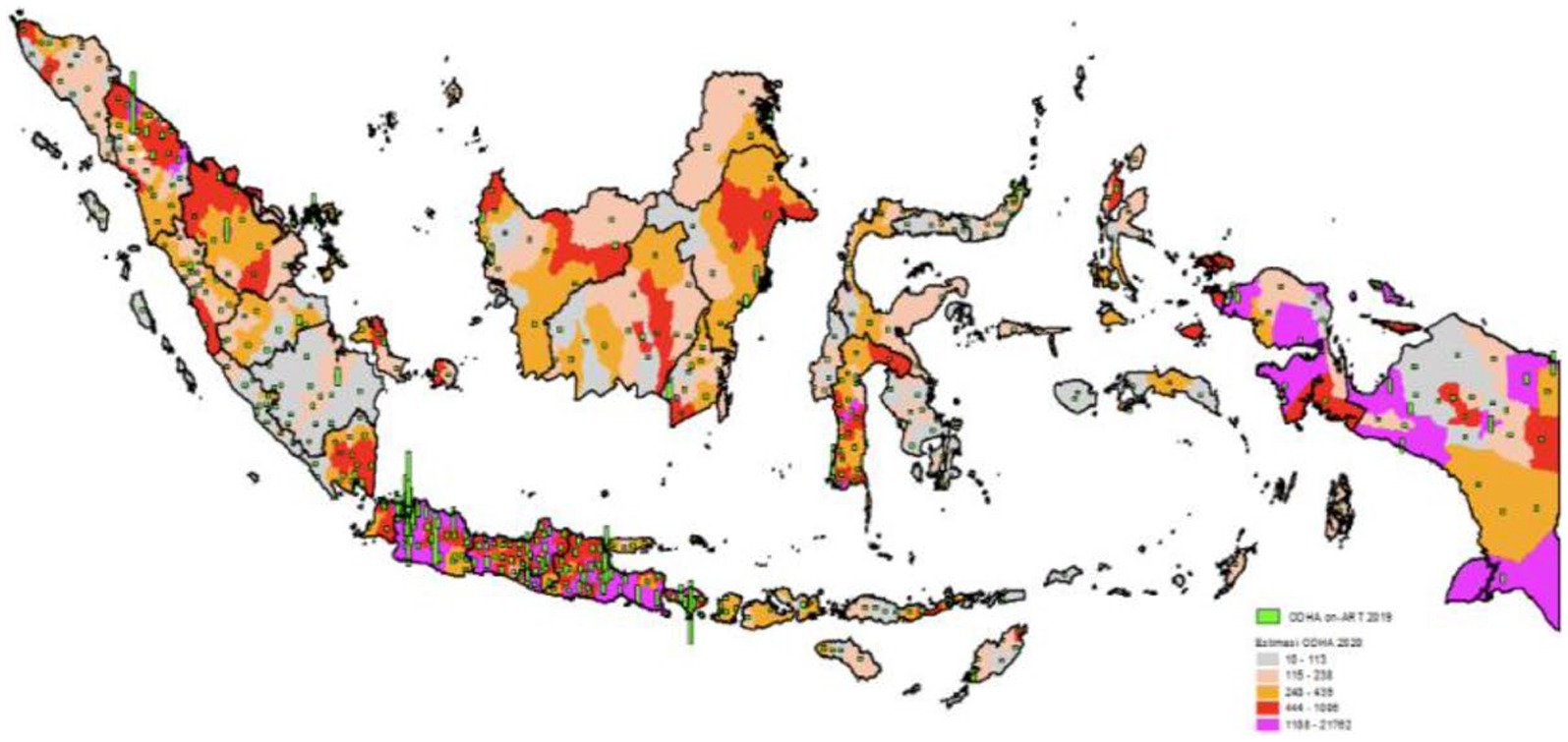Indonesia, as the world’s largest Muslim-majority country, maintains a complex and evolving landscape regarding sexuality and sexual education. Recent years have seen significant shifts driven by technological advancements, changing societal attitudes, and policy debates. This article explores the current trends, legal context, cultural influences, media impact, challenges faced by youth, and future prospects related to sexuality in Indonesia, providing a comprehensive overview of the nation’s ongoing journey in addressing sexual health and expression.
Overview of Current Trends in Indonesia’s Sexual Education Programs
In Indonesia, sexual education remains a sensitive and often debated topic within the broader context of cultural and religious values. Nonetheless, recent initiatives have begun to promote more comprehensive programs, especially in urban areas and among youth populations. Schools and NGOs are increasingly incorporating topics such as reproductive health, consent, and gender equality into their curricula, albeit often with restrictions and parental oversight. Digital platforms and social media have also become vital channels for disseminating information, allowing young people to access resources discreetly and anonymously. Despite resistance from conservative groups, there is a growing recognition of the importance of accurate and age-appropriate sexual education to combat misinformation and promote healthy attitudes toward sexuality.
Legal Framework Surrounding Sexual Content and Expression in Indonesia
Indonesia’s legal environment regarding sexual content and expression is predominantly characterized by conservative regulations rooted in religious and cultural norms. The country’s laws prohibit the dissemination of material deemed immoral or indecent, including certain forms of sexual expression and content that challenge traditional values. The 2014 Anti-Pornography Law, for instance, criminalizes the production and distribution of obscene material, which has often been interpreted broadly to include online content. Additionally, laws against blasphemy and moral decency further restrict open discussions of sexuality, especially in public forums. While these laws aim to uphold social morality, they also pose challenges for advocates seeking to promote sexual rights and education, often leading to censorship and self-regulation in media and educational settings.
Public Attitudes Towards Sexuality and Cultural Influences in Indonesia
Public attitudes towards sexuality in Indonesia are deeply influenced by religious beliefs, cultural traditions, and societal norms that emphasize modesty and family values. Conversations about sex are generally considered private and sensitive, with open discussions often viewed as taboo. Conservative interpretations of Islam, which is the dominant religion, advocate for strict gender roles and moral conduct, shaping perceptions of sexuality as something to be discreetly managed within familial and religious contexts. However, urbanization, increased exposure to global media, and youth activism are gradually shifting attitudes, fostering more open dialogues among younger generations. Despite this, many communities continue to uphold conservative views, which can hinder comprehensive sexual education and open expression of diverse sexual identities.
Impact of Media and Technology on Sexual Awareness in Indonesia
Media and technology have played a transformative role in shaping sexual awareness among Indonesians, especially the youth. The proliferation of smartphones and internet access has made information on sexuality more accessible than ever before, often bypassing traditional restrictions. Social media platforms, websites, and messaging apps serve as sources of both education and entertainment, allowing young people to explore topics related to sex, relationships, and gender identities privately. However, this digital landscape also presents risks, such as exposure to misinformation, explicit content, and cyberbullying. The influence of global media has introduced new perspectives on sexuality, challenging local norms and prompting ongoing debates about appropriate content and responsible sharing. Overall, technology continues to be a double-edged sword—enhancing awareness while necessitating careful navigation of cultural sensitivities.
Challenges Faced by Youth in Accessing Sexual Health Resources
Youth in Indonesia often encounter significant barriers when seeking access to sexual health resources. Cultural taboos, stigma, and conservative societal attitudes discourage open discussions about sexual health, leading to misinformation or lack of information altogether. In many regions, especially rural areas, sexual health services are limited or inaccessible due to inadequate infrastructure, lack of trained healthcare providers, and restrictive policies. Additionally, fear of social judgment and familial disapproval can prevent young people from seeking help or information about contraception, sexually transmitted infections, or safe sex practices. These challenges contribute to higher risks of unintended pregnancies, unsafe abortions, and sexually transmitted infections among Indonesian youth, highlighting the urgent need for culturally sensitive, accessible, and youth-friendly health services.
Future Developments and Policies on Sexuality in Indonesia
Looking ahead, Indonesia’s approach to sexuality and sexual education is poised for gradual evolution amid ongoing societal debates. Policymakers and activists are increasingly advocating for more inclusive and comprehensive sexual health policies that balance cultural values with the need for accurate information. Future developments may include the integration of age-appropriate sexual education into school curricula, expanded youth-friendly health services, and digital campaigns designed to reach wider audiences. Legal reforms could also emerge to protect individual rights and promote open discussions on sexuality, though these are likely to be cautious and incremental due to prevailing conservative sentiments. As Indonesia continues to navigate the tension between tradition and modernity, its policies on sexuality are expected to evolve toward greater acceptance, awareness, and respect for diverse expressions of sexual identity and health.
Indonesia’s landscape of sexuality is characterized by a dynamic interplay of tradition, modern influences, and evolving policies. While challenges remain, especially regarding cultural sensitivities and access to resources, ongoing efforts and societal shifts indicate a trajectory toward more open, informed, and inclusive approaches to sexual health and expression. The future of sexual discourse in Indonesia will likely reflect a nuanced balance between preserving cultural values and embracing the rights and needs of its diverse population.















